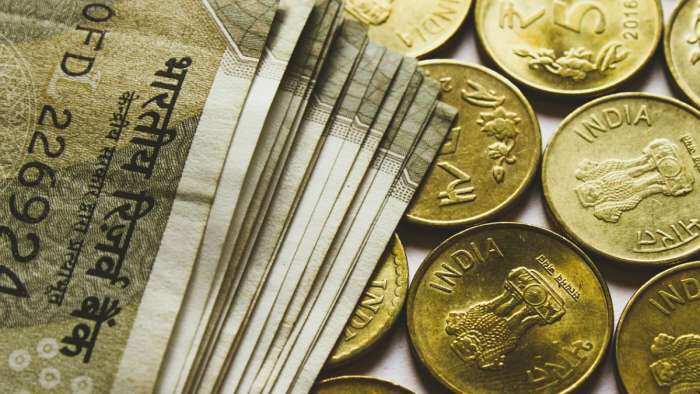EXPLAINED! Income Tax rule on Bank fixed deposits, RD, other deposits
Bank deposits, especially recurring deposits (RD) and fixed deposits (FD) are some of the most popular investment tools among the earning individuals.

Bank deposits, especially recurring deposits (RD) and fixed deposits (FD) are some of the most popular investment tools among the earning individuals. According to tax and investment experts, these bank deposit tools allow investors luxury to get higher than bank savings account returns and if invested for more than five years, give income tax benefits too. However, this income tax benefit is allowed on investment only, not on the interest earned beyond Rs 40,000 in particular financial year. Apart from this, if an investor has invested in the name of a dependent wife or children, then they won't get income tax benefit on the investment even when the RD or FD is for more than five years.
Speaking on the tax outgo rules being levied on bank deposits, Kartik Jhaveri, Direct — Wealth Management at Transcend said, "According to the 80TT(A) rule, one's interest earned beyond Rs 40,000 in a financial year is subject to 10 per cent TDS deduction. This deduction is applicable after clubbing all kinds of bank deposits that include bank savings account interest, FD and RD interest, etc." Jhaveri said that in the case of Senior Citizen bank depositors, the TDS becomes applicable on interest earned beyond Rs 50,000 per annum. This relaxation is being given to senior citizens under 80TT(B) rule. He also said that 10 per cent TDS deduction is applicable to those bank depositors who have given their PAN details to its bank. In case, there is no PAN details being given to the bank, then the TDS deduction will get doubled to 20 per cent.
See Zee Business Live TV streaming below:
Warning the bank depositors who invest money in tax-saving bank deposits, SEBI registered tax and investment expert Manikaran Singhal said, "Investing in tax-saving bank deposits in the name of dependent family members like wife or child is useless. By doing this, the investor not only loses the luxury of availing of income tax benefit on investments, it's interest earned gets clubbed with one's annual income as well. So, it's better to invest in one's name in the tax-saving bank deposit tools, if the earning individual is the single breadwinner in its family."
Get Latest Business News, Stock Market Updates and Videos; Check your tax outgo through Income Tax Calculator and save money through our Personal Finance coverage. Check Business Breaking News Live on Zee Business Twitter and Facebook. Subscribe on YouTube.
RECOMMENDED STORIES

Budget 2025: Analysts recommend buying 6 largecap, midcap stocks for short term for 15-30 days; NTPC, Asian Paints on the list

Retirement Planning: How Rs 8,00,000 one-time investment can create Rs 2,40,00,000 retirement corpus? See calculations to know
04:05 PM IST









 Union Budget 2025: New tax slabs, extended limit to file updated ITR, and other key changes announced in this budget
Union Budget 2025: New tax slabs, extended limit to file updated ITR, and other key changes announced in this budget Budget 2025: New income tax Bill to be tabled in Parliament next week, says FM Nirmala Sitharaman
Budget 2025: New income tax Bill to be tabled in Parliament next week, says FM Nirmala Sitharaman Budget 2025: Tax cuts to fire up middle-class spending, revitalise urban consumption
Budget 2025: Tax cuts to fire up middle-class spending, revitalise urban consumption Budget 2025: What standard deduction really is & how it impacts salaried class, pensioners
Budget 2025: What standard deduction really is & how it impacts salaried class, pensioners Budget 2025 Expectations: Income tax assessees want Finance Minister to lower rates, shows survey
Budget 2025 Expectations: Income tax assessees want Finance Minister to lower rates, shows survey